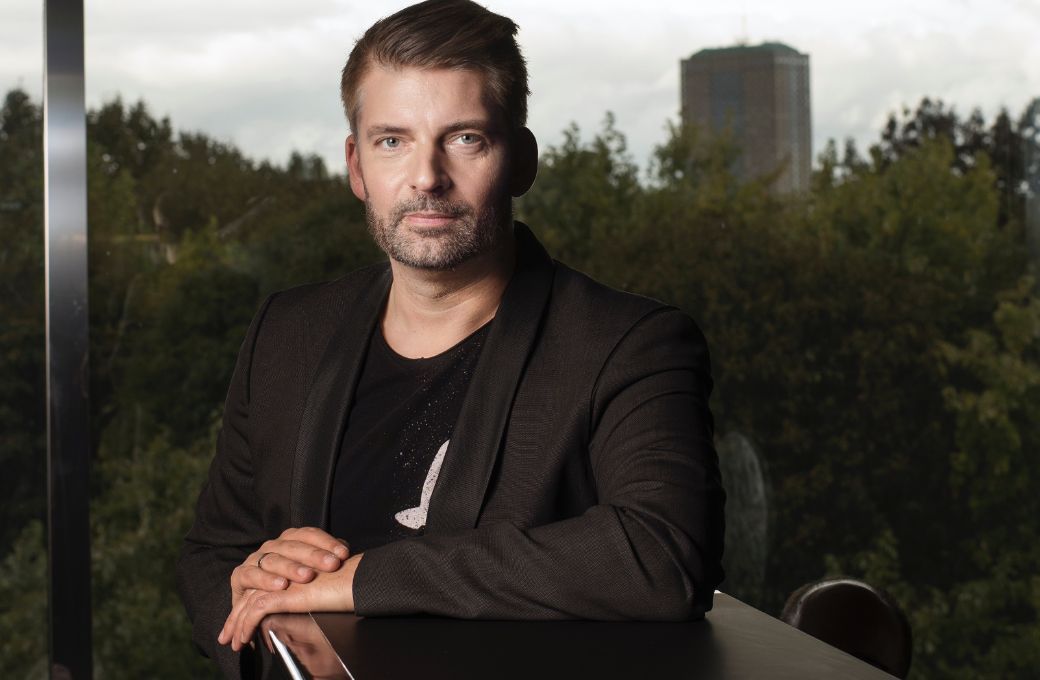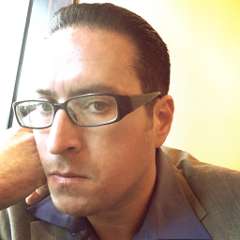Matthias Pintscher’s latest visit to Disney Hall was as much a concert as it was a veritable buffet of his talents, served hot and fresh. All that was missing was the clanging of a dinner bell to call his audience to attention.

In fact, metallic clangs did resound in the heart of Pintscher’s neharot, a COVID-inspired concerto for orchestra whose title is a Hebrew word meaning both “rivers” and “tears”. The orchestral writing, whether in solos or ensembles, pushed extremes yet remained true to their instruments’ nature. Whether or not the average listener can readily discern the pandemic experience in this program music, its clashes of sonority and density, which ruptured into sparks of virtuosic solo writing (including wild contrabassoon lines that Evan Kuhlmann dispatched with eye-popping agility), made a potent if somber impression.
Ravel’s La Valse, another virtuosic tone poem that may be commentary on historical events, followed later in the program. Pintscher expertly calibrated orchestral timbres here not just for dramatic effect, although the tension his build-up of climaxes accumulated was undeniably breathtaking. Dislocation, the unfamiliarizing of the familiar, were Pintscher’s primary concerns. Emphasizing shivering strings, bassoons gurgling below, stopped horn notes and other details buried in most performances, Pintscher restored the frictive newness, the sense of danger that this score must have had when it was first heard. That same attentiveness to balance and textural clarity, albeit without the presiding sense of doom, similarly characterized Pintscher’s conducting of Ma mère l’Oye earlier in the program.
Mozart’s Piano Concerto no. 25 provided a lighter backdrop for Pintscher to partner with soloist Emanuel Ax. Lighter, but not slight, of course. Ax is a master of longstanding at realizing that Mozartian blend of joy and melancholy, but with Pintscher at the podium there was something else. Rhythms were taut, phrasing strongly defined, touches of “big band” orchestral playing of yesteryear fused with the period practice preferences of today. All of it framed a luminous performance of the solo part that Ax’s elegant yet never precious pianism suggested contained hints of the youthful Beethoven to come.
Did Los Angeles get a sneak preview of a potential contender to succeed Dudamel in Disney Hall? With Pintscher’s loads of talent and the music director job still up in the air, he must be taken seriously. Add to that his not insignificant personal charisma and Los Angeles would have a new music director that would seem straight out of, well, Central Casting. Hey, it's Tinseltown, after all.


